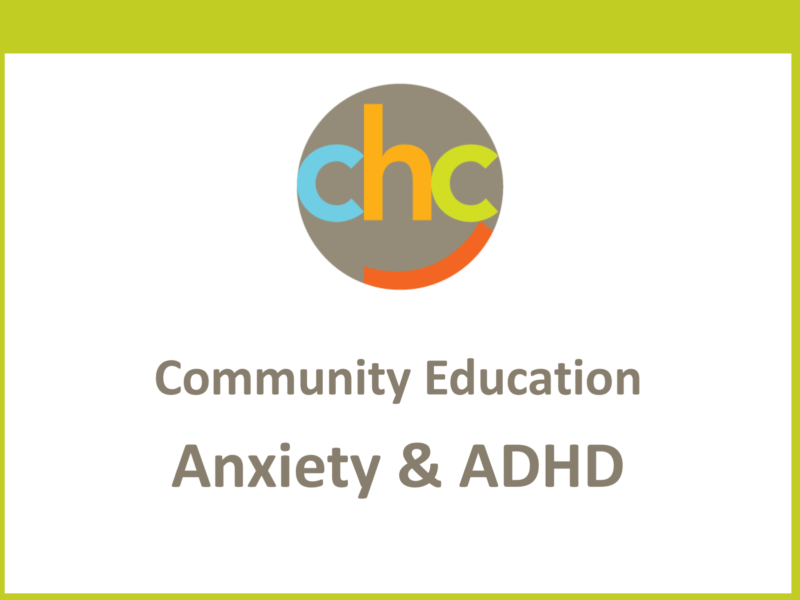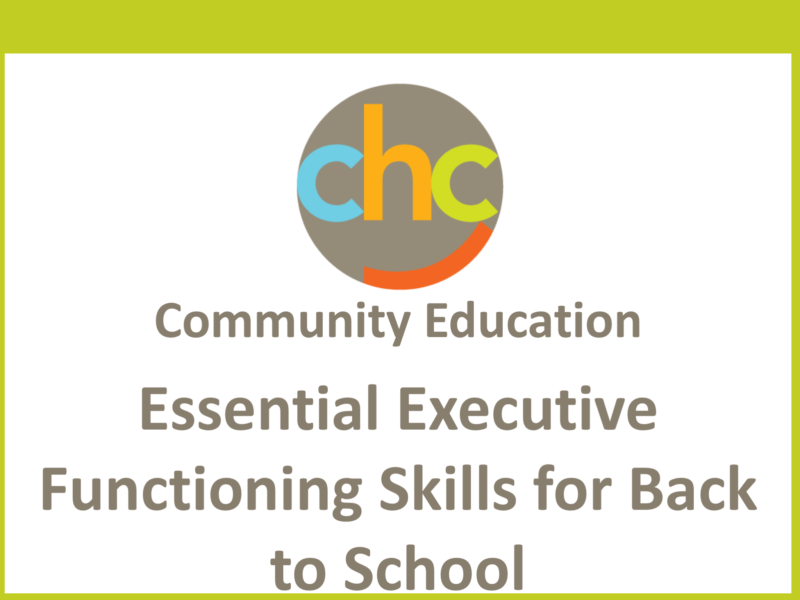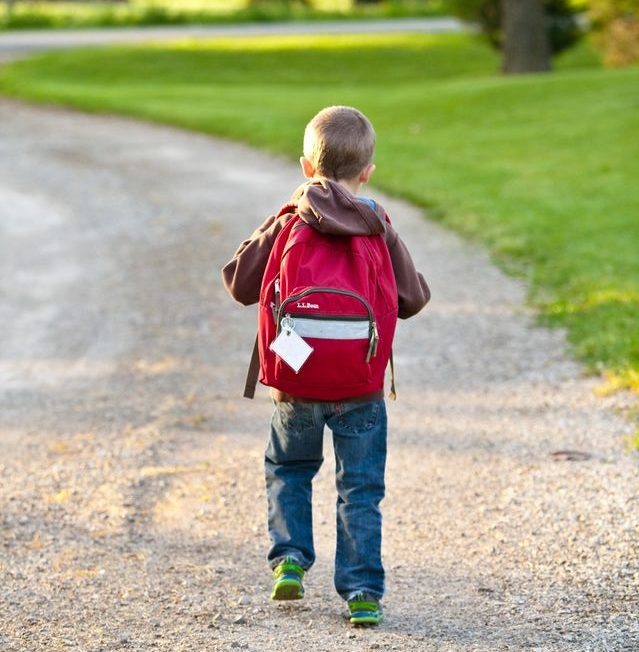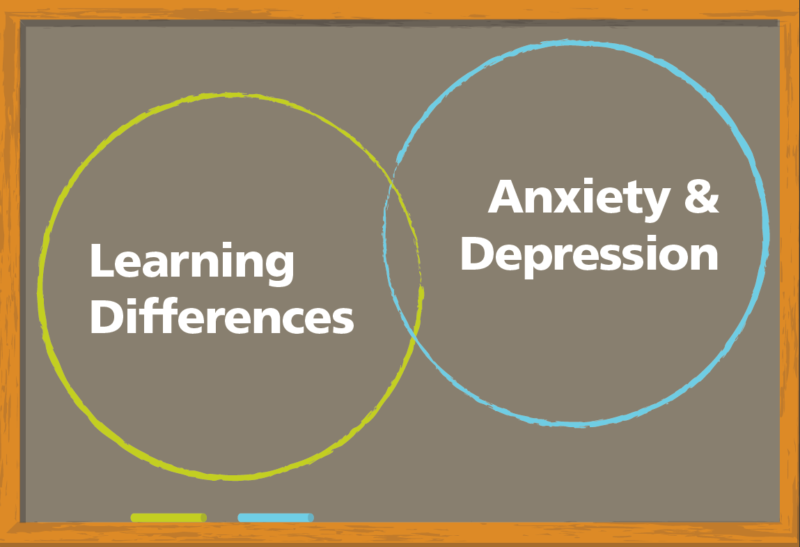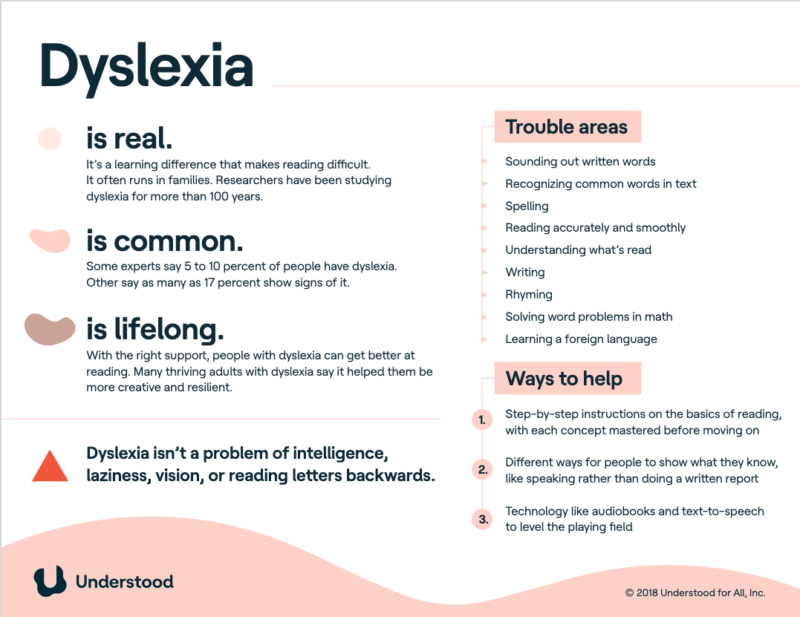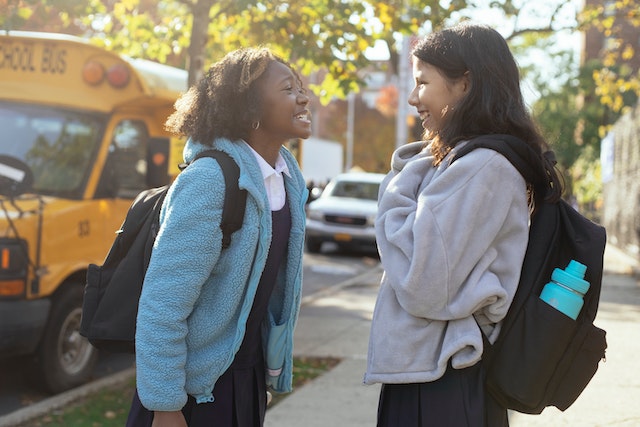
Meditation at Schools Can Benefit Both Learning and Behavior
The McKinley-Brighton Elementary School in Syracuse, New York, is experiencing positive results on student behavior and learning from a daily 30-minute opening period of meditation and mindfulness, and the establishment of a “mindful room” for students who are acting out. Read more >>


